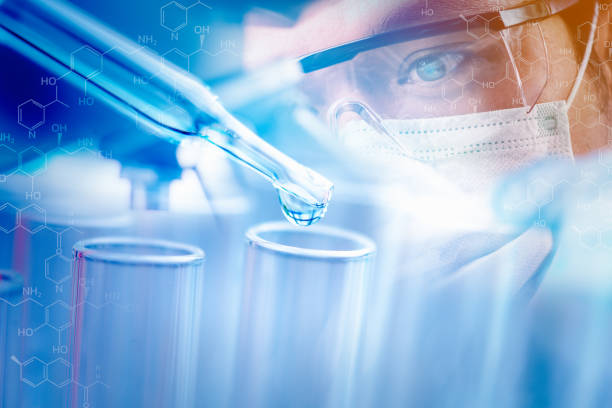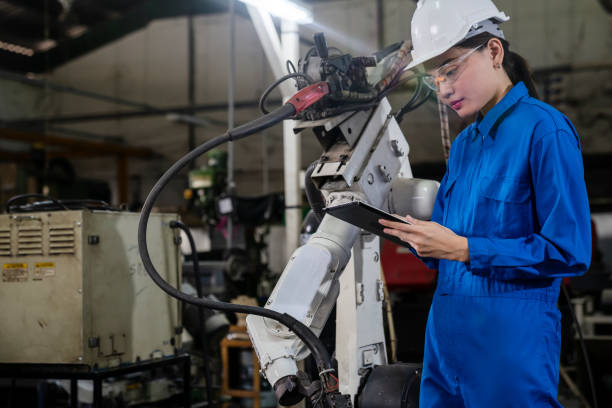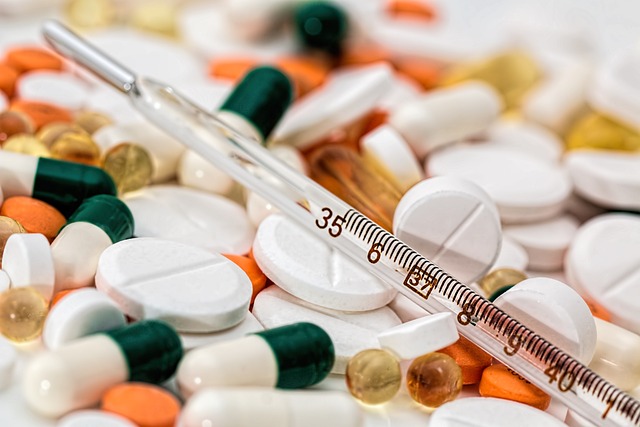40 Careers Related to Biochemistry
Biochemistry, the study of chemical processes within and relating to living organisms, is a dynamic field that bridges biology and chemistry. It plays a vital role in understanding life at a molecular level, leading to groundbreaking discoveries in healthcare, agriculture, environmental science, and industry. Whether you’re fascinated by genetics, drug development, or environmental sustainability, biochemistry offers a wealth of career opportunities.
In this blog post, we’ll explore 40 exciting careers related to biochemistry, breaking them down so you can find the perfect fit for your passion and skills!
Healthcare & Medicine Careers 🏥
1. Clinical Biochemist
Analyzes blood, tissues, and other bodily fluids to diagnose diseases, monitor treatments, and guide patient care.
2. Pharmacologist
Studies the effects of drugs on biological systems, contributing to drug discovery and development for treating diseases.
3. Biomedical Scientist
Conducts research to understand human diseases, develop treatments, and improve public health.
4. Geneticist
Studies genes and heredity, exploring genetic disorders and contributing to advancements in gene therapy and personalized medicine.
5. Toxicologist
Investigates the effects of chemicals and toxins on living organisms, ensuring safety in medicine, food, and the environment.
6. Immunologist
Explores the immune system, developing vaccines, immunotherapies, and treatments for autoimmune diseases.
7. Clinical Research Associate
Manages clinical trials to test new drugs, medical devices, or treatment protocols, ensuring safety and efficacy.
8. Medical Laboratory Scientist
Performs complex tests on patient samples to assist doctors in diagnosing and treating illnesses.
9. Biophysicist
Studies biological processes using physics principles, contributing to innovations like MRI machines and new cancer therapies.
10. Pathologist
Analyzes body tissues and fluids to diagnose diseases, often collaborating with healthcare teams to guide treatments.
Biotechnology & Pharmaceutical Careers 💊
11. Biotechnologist
Uses biological processes to develop products, from biofuels and biodegradable plastics to life-saving medicines.
12. Molecular Biologist
Studies cellular molecules like DNA and proteins to understand their functions and develop new biotechnological applications.
13. Drug Development Scientist
Designs, tests, and refines new drugs, working closely with regulatory agencies to bring them to market.
14. Protein Engineer
Designs and modifies proteins for medical, industrial, or agricultural applications, such as enzymes for green energy solutions.
15. Genetic Counselor
Provides patients with information about genetic conditions, helping them make informed healthcare and family planning decisions.
16. Biomanufacturing Specialist
Oversees the large-scale production of biopharmaceuticals, such as insulin, vaccines, and monoclonal antibodies.
17. Regulatory Affairs Specialist
Ensures that biotech and pharmaceutical products meet safety, efficacy, and legal requirements before reaching consumers.
18. Stem Cell Researcher
Explores the potential of stem cells to regenerate damaged tissues and treat chronic conditions like diabetes and Parkinson’s disease.
19. Microbiologist
Studies microorganisms, contributing to the development of antibiotics, probiotics, and other therapeutic agents.
20. Bioinformatics Specialist
Uses computational tools to analyze large biological datasets, such as genomic sequences, to make sense of complex biological systems.
Environmental & Agricultural Careers 🌱
21. Environmental Biochemist
Studies how chemicals interact with ecosystems, helping to develop strategies for pollution control and sustainable practices.
22. Agricultural Scientist
Researches ways to improve crop yields, pest resistance, and soil health through genetic engineering and biochemistry.
23. Food Scientist
Analyzes the chemical properties of food to improve safety, nutritional value, and shelf life.
24. Ecotoxicologist
Investigates the impact of toxic substances on wildlife and ecosystems, guiding environmental policy and conservation efforts.
25. Plant Biochemist
Studies plant metabolism and genetics to develop more resilient, high-yield crops and sustainable agricultural practices.
26. Water Quality Scientist
Monitors and analyzes water samples to ensure clean, safe water for human consumption and environmental health.
27. Soil Scientist
Examines soil composition and chemistry to improve agricultural productivity and combat soil degradation.
28. Renewable Energy Researcher
Develops biofuels and other sustainable energy solutions by studying the biochemical processes of microorganisms and plants.
29. Waste Management Specialist
Uses biochemistry to design processes for recycling, waste treatment, and reducing environmental pollution.
30. Climate Change Analyst
Studies the biochemical effects of climate change on ecosystems and helps develop mitigation strategies.
Education, Communication, & Business Careers 🎓
31. Science Educator
Teaches biochemistry and related subjects at high schools, colleges, or universities, inspiring future scientists.
32. Scientific Writer/Editor
Creates clear, engaging content to explain complex scientific concepts in research papers, textbooks, or media outlets.
33. Public Health Scientist
Works to understand and prevent public health issues by studying disease outbreaks, nutrition, and community health patterns.
34. Forensic Scientist
Analyzes biological samples from crime scenes to assist in criminal investigations and legal proceedings.
35. Intellectual Property (IP) Specialist
Helps biotech companies patent their inventions, protecting intellectual property rights and facilitating innovation.
36. Science Policy Advisor
Guides government policies by using scientific research to inform decisions on public health, agriculture, and environmental regulations.
37. Market Research Analyst (Biotech)
Analyzes market trends to help biotech companies develop products that meet consumer needs and industry demands.
38. Sales and Marketing Specialist (Life Sciences)
Promotes scientific products, instruments, and services to research institutions, hospitals, and pharmaceutical companies.
39. Ethics and Compliance Officer
Ensures that scientific research and product development follow ethical standards and legal requirements.
40. Entrepreneur (Biotech Startup)
Launches and runs a business based on a biochemistry innovation — from diagnostic kits to sustainable materials.
Frequently Asked Questions – FAQs
In this section, I will provide you with FAQs and answers on “Careers Related to Biochemistry”.
1. What is biochemistry, and why is it important?
Biochemistry is the study of chemical processes within and related to living organisms. It helps us understand how cells function, how diseases develop, and how we can create solutions like medicines, sustainable materials, and renewable energy.
2. What skills do I need for a career in biochemistry?
Key skills include analytical thinking, problem-solving, laboratory techniques, data analysis, attention to detail, and proficiency with software like Python, R, or bioinformatics tools. Good communication skills are also essential for writing reports and collaborating with teams.
3. Do I need an advanced degree for a biochemistry career?
It depends on the career! Entry-level lab technician or research assistant roles may only require a bachelor’s degree. However, research, clinical, or specialized positions often require a master’s or PhD.
4. Can biochemists work outside the lab?
Yes! Biochemists can work in education, science communication, policy advising, biotech marketing, intellectual property law, and more. Not all roles are confined to a laboratory.
5. What industries hire biochemists?
Industries include healthcare, pharmaceuticals, agriculture, environmental science, biotechnology, food production, renewable energy, cosmetics, and even forensic science.
ALSO READ: 50 Careers Related to Mechanical Engineering
Wrapping Up: A World of Possibilities in Biochemistry
As you can see, biochemistry opens doors to countless career paths, whether you want to work in a lab, contribute to global health, protect the environment, or drive scientific communication and policy. This diversity makes biochemistry an incredibly versatile and rewarding field.
If you’re passionate about solving real-world problems at a molecular level, a career in biochemistry could be your perfect fit. Keep exploring, stay curious, and let your scientific journey begin!






